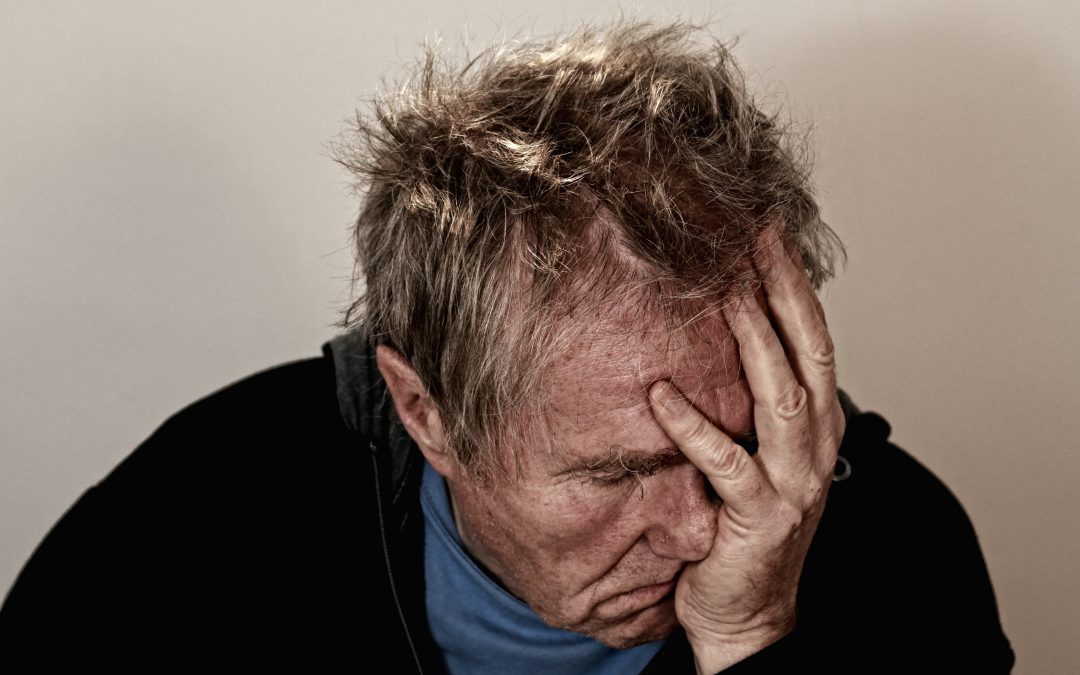The Soft Plastic Recycling Scheme run by the Packaging Forum is stockpiling all the soft plastic collected from their drop off points across New Zealand. That’s because their recycling partner in Australia has been overwhelmed with the volume. You can’t help but feel for those involved having to scramble to find an alternative recycler.
According to the RNZ article, there is a New Zealand based recycler lined up and an announcement will be made soon. However, with further expansion of the scheme planned and a predicted increase in volume from 365 tonnes collected last year to over 600 tonnes this year, I think this as a very short term, band-aid, solution.
The simple fact remains, there is very little value in recycling soft plastic. And due to the chemistry, it can only be recycled a minimal number of times (as is the case with all recyclable plastics). Further to this, it is very common that the products made from the recycled plastic cannot be recycled themselves. Recycling is simply delaying the inevitable. All plastic will eventually end up in a landfill, the open environment, or be incinerated.
Meanwhile, the global production of plastic rises and rises. According to the Ellen Macarthur Foundation, that has done extensive research as part of their New Plastics Economy initiative, worldwide we produced “311 million tonnes in 2014, and is expected to double again over the next 20 years”.
Add to that their staggering finding that “95% of plastic packaging material value, or USD 80–120 billion annually, is lost to the economy after a short first use”. Madness!
Knowing what we do about the end of life options for plastic and the economic and environmental costs incurred, don’t we have a duty to stop the flow of new plastic?
One of the biggest and easiest solutions, for at least reducing the flow of new plastics, is to engage and inspire individuals, families, sports teams, communities and businesses to be extremely mindful of their consumption of single-use plastics, then help them embark on a journey of reducing their plastic waste.
The quicker we all go on the plastic reduction journey and the more that do it, the easier and more impactful it will be for everyone.
Speaking from experience – reducing your plastic waste is a bumpy journey. A hard journey. A frustrating and at times demoralising journey. But it’s also a journey full of learning and mindfulness. So let’s make that journey as simple, inclusive, and as quick as possible for everyone.
This is exactly the role “Bags Not” is playing.
Plastic shopping bags were an obvious place to start, but with the plastic bag as our poster child we will spread our focus wider to help New Zealanders drastically reduce their contributions of other plastic products to the plastic pollution crisis.
For many that may sound confronting and overwhelming. But for us, it is full of opportunity and reward. And it’s the right thing to do.
Remember, this problem is global. If New Zealand and New Zealand businesses can create solutions here, there is a big old market out there ready to adopt them.
But can the solutions be created by just one or two businesses? And if so, will they be quick enough? Or could we bring businesses together to collaborate on the solutions, share the wins, and make a really demonstrable impact?
We’ve had an amazing journey to date and as we continue to see the rising need for our tips, tricks, advice, support and collective learning we would love to see more businesses join us and help us expand the work we are doing, while helping to take the pressure off the Soft Plastics Recycling Scheme.
Nick Morrison
Co-Founder Bags Not
